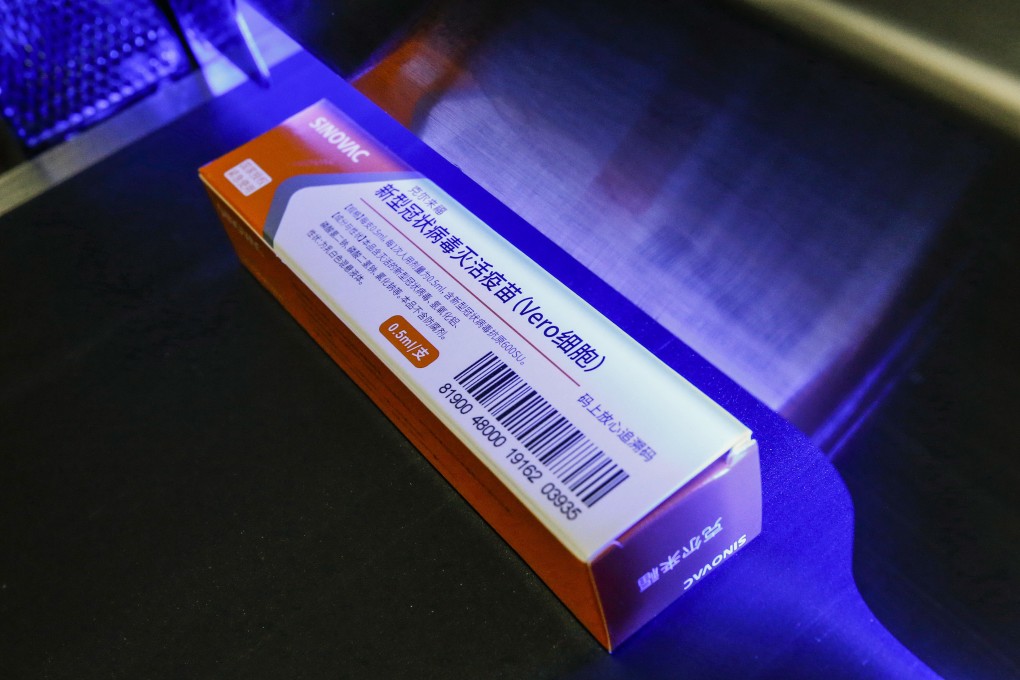Young Hong Kong man describes ordeal of facial paralysis after receiving Covid-19 vaccine
- Wilson Lam, 26, fainted and woke up in hospital with Bell’s palsy after receiving his shot earlier this week
- But health experts stress that no direct link between the temporary condition and vaccines has been established

If Wilson Lam could do it over again, he would not take the Covid-19 vaccine. The 26-year-old Hong Kong resident woke up in hospital after fainting outside a government-run centre where he was inoculated on Wednesday. He was shocked to find much of his face paralysed.
“I could not close my left eye, while my mouth was crooked to the right hand side, so I could only eat most things with my teeth on that side. The situation has not improved so far,” he told the Post in a stiff voice from his hospital bed on Friday.
Lam said health authorities had not drawn a conclusion on whether his case was related to his Sinovac jab; nor has the government approached him to follow up.
“I consider myself an unlucky person,” he said. “If I can choose again, I would not take the vaccine. But I will not advise others whether to take it or not because this is their personal choice.”
Lam is the 12th known resident to experience temporary facial paralysis, a condition known as Bell’s palsy, after receiving a jab. The other sufferers were all men aged between 37 and 86 and who all took the Sinovac shot except for one, who took the other vaccine being distributed in Hong Kong, the German-made BioNTech.
